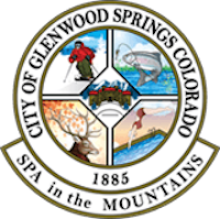Whip City Fiber Snaps To It: Yet Another Expansion In Westfield, MA
In the spring, Westfield, Massachusetts began to expand it’s Fiber-to-the-Home (FTTH) network, Whip City Fiber with a build-out to three additional neighborhoods. Earlier this month, Westfield Gas + Electric announced that they will soon expand even further to three more areas.
According to Dan Howard, General Manager of the utility, the demand for the symmetrical Internet access is strong:
"Every day we hear from residents of Westfield who are anxious for high-speed Internet to be available in their neighborhood," he said. "It's a great motivator for our entire team to hear how much customers are looking forward to this new service."
Gigabit residential access is $69.95 per month; businesses pay $84.95 for the same product but also get Wi-Fi for their establishments. Installation is free. If people in the new target areas sign up before August 31st, they will get a free month of service.
Like a growing number of communities, Westfield started with a pilot project in a limited area to test the level of interest for a FTTH network in their community. They are finding a high level of interest and gaining both confidence and the knowledge to continue the incremental expansion across the community. Other towns with the same approach include Owensboro, Kentucky; Madison, Wisconsin; and Holland, Michigan.
Westfield officials are asking interested residents and businesses to check out the pilot expansion page to determine if they are in the expansion area and to sign up for service. The page also explains how your Westfield neighborhood can become a fiberhood to get on the list for expansion.



